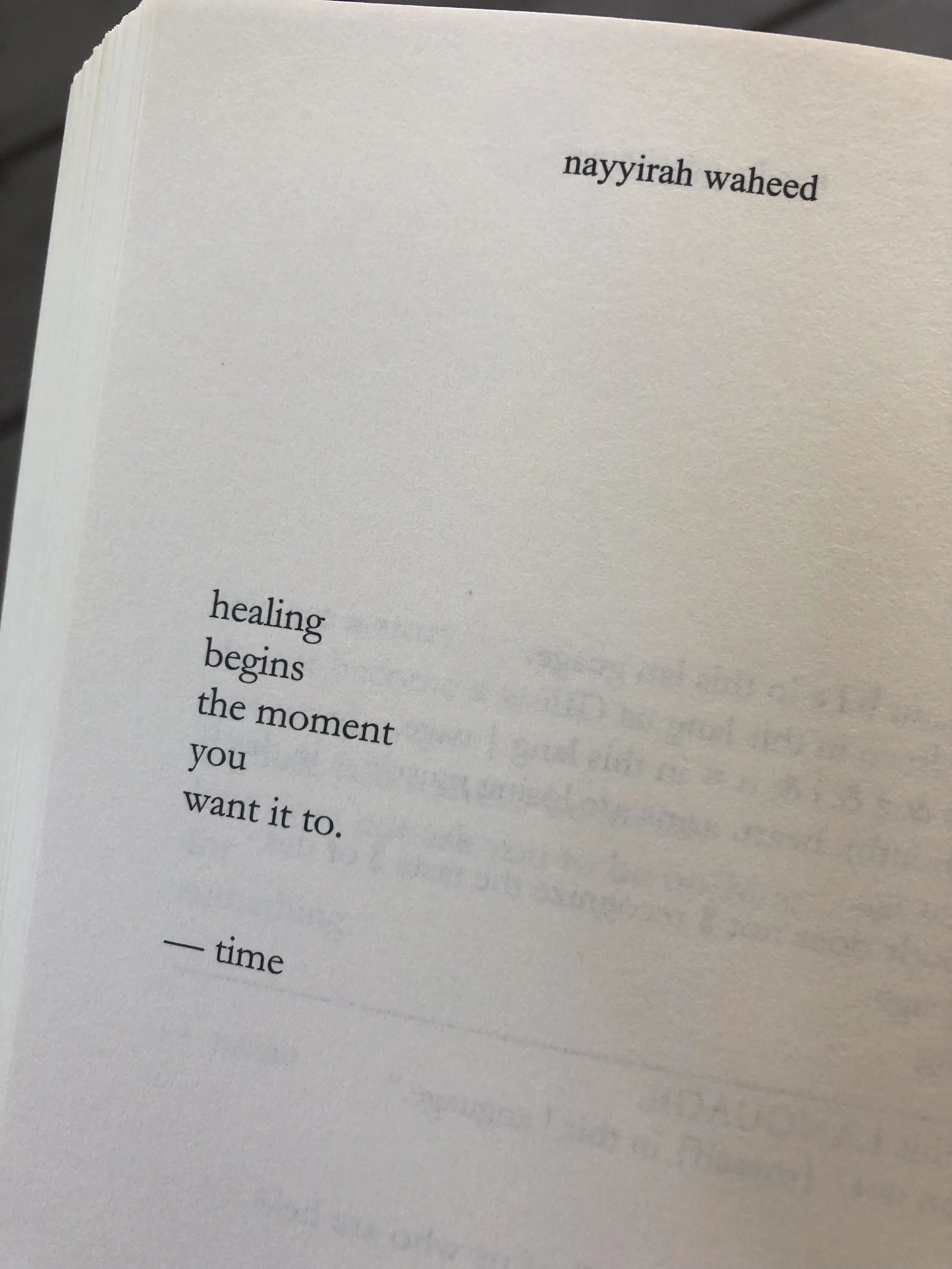Sometime during the extended pit of darkness that was my (and many of our) 2020, I read the book The Subtle Art of Not Giving a F*ck, by Mark Manson. It was not a book I would naturally gravitate towards, but it had been enthusiastically recommended by my ex's octogenarian stepfather, who was...a pastor. All of which was enough to make me curious to read it—especially later, at a point of extreme distress in my life.
I was unimpressed by and critical of the book on the whole (have you read it?? Send me your thoughts!), but Manson made one point that struck a piercing chord, particularly at that time: you are not responsible for what happened to you, but you are responsible for what you do with it. How you handle, heal, move on, and rebuild from it.
Ugh...so annoying.
In my late 20s, a few years into our work together, my first ever therapist called me out on being self-victimizing. For being overly and incessantly "woe-is-me."
As hard as it was to hear that, and as much as I may have protested...she was right. I feel things so deeply, and I also have a tendency to sink. To bottom out. To drown.
Let me be clear: many of us, in many circumstances, are victims. The damaging, hurtful, harmful, disrespectful, and traumatic things that happened to us were not our fault. We didn't deserve it, we didn't cause it, we didn't create the conditions to make it happen. And. Having a victim mentality in relation to what happened (that "woe-is-me" vibe) absolves us from any responsibility to the sanctity and care of our own selves; to our agency in the aftermath; and to our power.
It is so much easier to feel like a victim than it is to change your life.
I say this with loads of compassion, as it is a state I know well. Firstly, it relinquishes you of any effort, which is a super cozy place to be. Secondly, it eliminates risk of failure. It is wildly vulnerable to try. To try anything. And especially to try to heal—because that is so personal, and what if it doesn’t work out? What if our efforts fail and then show us that we actually aren’t lovable, or deserving, or capable of happiness, or wellness, or growth? What if we try and nothing changes—proving our story that we deserved those bad things all along?
We are afraid of who we might become when we heal, because that person isn’t someone we’ve known. That person doesn’t have our well-worn defenses, our safety in smallness or masking or posturing, our limiting beliefs. Doesn’t buy into the stories that our past consistently tells. That person believes in possibility. And goodness. And that we are sacred enough to be caretaken, to be valued, to be loved—by others, and even moreso, by ourselves. And that is fucking terrifying.
And. That is what life asks of us.
To hold the unfairness of life and the hand we are sometimes dealt with awareness that we did not cause nor deserve it, and still to rise into the grudging requirement of our responsibility to ourselves in its wake.
Street Address
City, State, Zip
Phone Number
Somatic practices & emotional health coaching for the sensitive spirit
Your Custom Text Here

